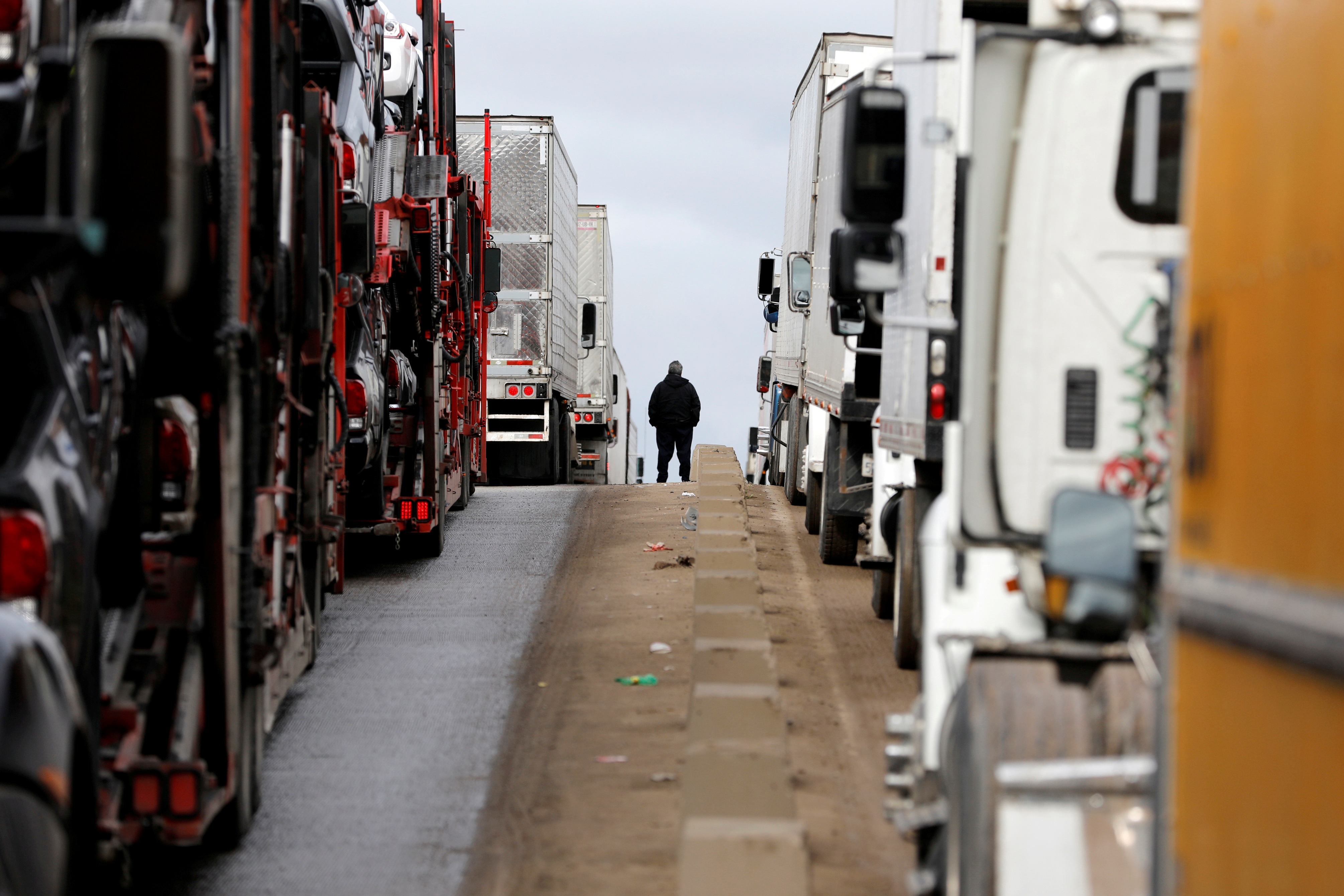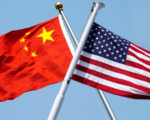Mexico Warns of U.S. Job Losses and Retaliation Over Trump’s Proposed Tariffs

Mexican President Claudia Sheinbaum issued a strong warning on Wednesday regarding U.S. President-elect Donald Trump’s proposed 25% tariff on Mexican imports. Mexico estimates the measure could result in 400,000 job losses in the United States and significantly raise costs for American consumers.
“If U.S. tariffs are implemented, Mexico will respond with its own tariffs,” Sheinbaum stated at a press conference, emphasizing Mexico’s readiness to retaliate against the policy. She was joined by Economy Minister Marcelo Ebrard, who called for increased regional cooperation instead of a “war of retaliatory import taxes.” Ebrard described the tariffs as “a shot in the foot” that would harm the U.S. economy by violating the USMCA trade agreement and increasing costs for American companies producing in Mexico.
Ebrard highlighted the significant impact on the automotive industry, which heavily relies on cross-border trade. He noted that 88% of pickup trucks sold in the U.S. are made in Mexico and warned of a $3,000 average price increase per vehicle—costs that would hit rural voters, many of whom supported Trump.
Trump justified the proposed tariffs as a means to combat drug trafficking, particularly fentanyl, and to curb migration into the U.S. He claimed on Truth Social that Sheinbaum agreed to work on controlling migration through Mexico. Sheinbaum later clarified on X (formerly Twitter) that Mexico’s focus was on addressing migration before individuals reached the U.S.-Mexico border, adding, “Mexico’s stance is not to close borders, but to build bridges.”
The proposed tariffs could have wide-reaching implications for North American trade. Mexico’s automotive sector, responsible for 25% of regional vehicle production, would face significant disruptions. Analysts at Barclays warned that the tariffs could “wipe out all profits” for major automakers like Ford, GM, and Stellantis. The Institute of International Finance cautioned that such measures might lead to protectionism, threatening regional economic stability.
Despite the tensions, some analysts see the tariff threats as a negotiating tactic rather than a firm policy decision. David Kohl, chief economist at Julius Baer, noted that Trump appears to be using tariffs to achieve goals beyond trade.
With the USMCA up for review in 2026, experts suggest the trade agreement could undergo renegotiation rather than simple renewal. Katia Goya of Grupo Financiero Banorte predicted lower economic growth, higher unemployment, and increased inflation in the U.S. if trade conflicts escalate.
Ebrard underscored the importance of regional unity, stating, “We can fragment and divide with tariffs, or we can build a stronger region. Mexico chooses cooperation, not conflict.”





















